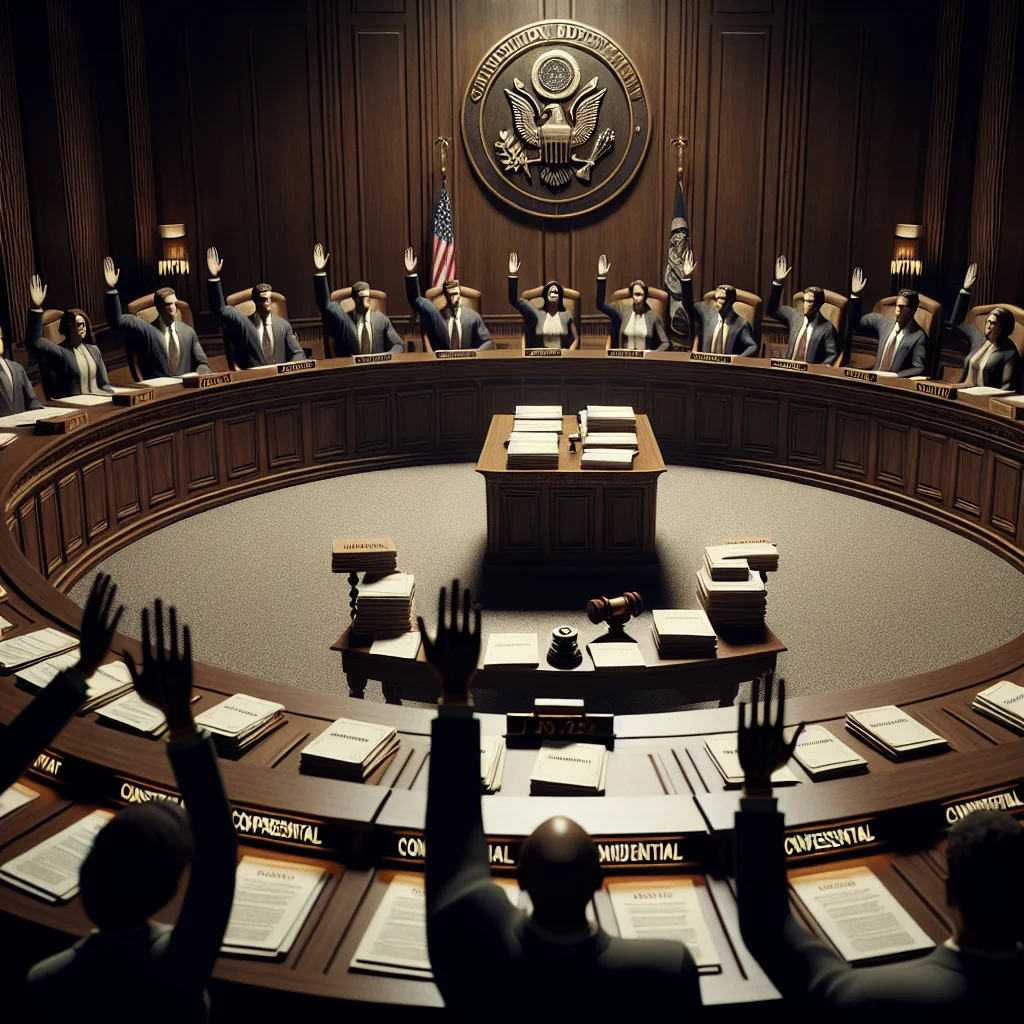
Newly Declassified Documents Shed Light on 1968 Tragedy
On July 22, 2025, the Trump administration released a significant collection of previously classified government documents related to the assassination of Dr. Martin Luther King Jr. The files, which span over 10,000 pages, include FBI memos, Department of Justice reports, and correspondence involving high-level officials from the late 1960s.
Public Demand Leads to Unprecedented Disclosure
This release follows years of public pressure from historians, civil rights advocates, and the King family, who have long called for greater transparency regarding the circumstances surrounding Dr. King’s death. The files were made available through the National Archives and Records Administration (NARA), in accordance with provisions of the JFK Assassination Records Collection Act, which also covers notable historical figures.
What the Files Reveal
- FBI Surveillance: The documents detail extensive FBI surveillance of Dr. King in the years leading up to his assassination, including wiretaps and covert operations.
- James Earl Ray Investigation: New evidence sheds light on the investigation into accused assassin James Earl Ray, including his capture in London and interrogation records.
- Alternative Theories: Some files discuss alternative theories and possible conspiracies, though no conclusive evidence contradicts Ray’s conviction.
- Official Correspondence: Communications between J. Edgar Hoover, President Lyndon B. Johnson, and other government officials regarding concerns over civil unrest and the King case.
Historical Significance
Dr. Martin Luther King Jr., a Nobel Peace Prize laureate and key architect of the American civil rights movement, was assassinated in Memphis, Tennessee on April 4, 1968. His death sparked national mourning and widespread protests across the United States. The release of these files is expected to fuel renewed discussions about civil rights history and government transparency.
Next Steps and Reactions
Researchers, journalists, and legal experts are now combing through the documents for new insights. The King Center in Atlanta and major universities have announced plans to host public forums and panel discussions in the coming weeks. The National Archives has made the files accessible online, with select documents available for download.
While the files do not appear to provide a definitive resolution to longstanding conspiracy theories, experts say the release constitutes a major step forward in documenting the historical record of one of America’s most pivotal tragedies.














